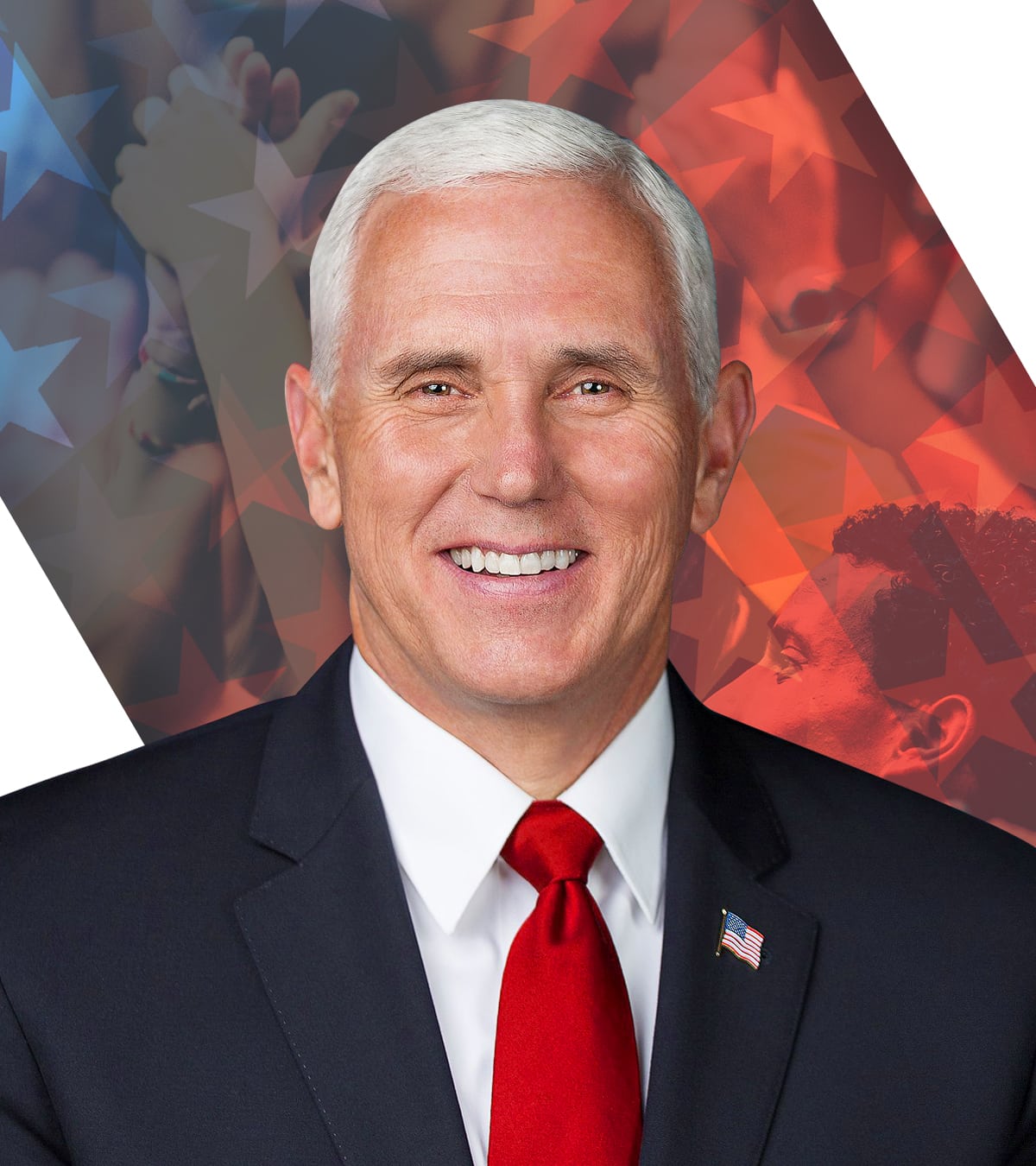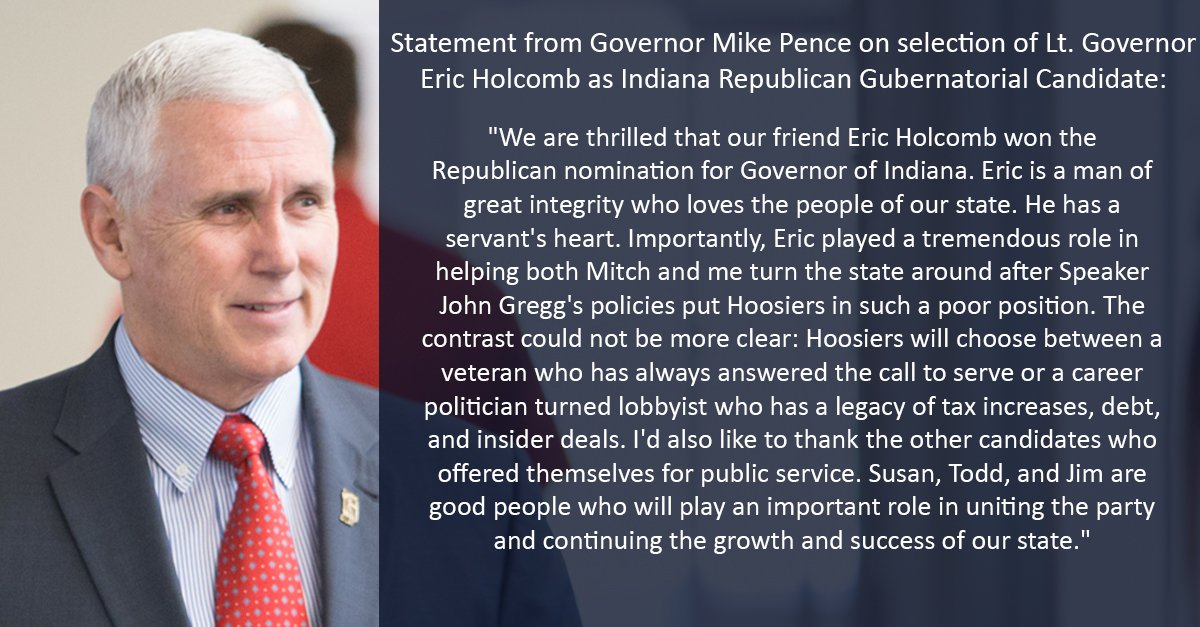

Trump’s refusal to commit to a federal ban on abortion has invited criticism from some evangelicals. In a meeting with about 50 pastors from Iowa, Demastus says Trump gave “lackluster answers” to questions about abortion and same-sex marriage. In his view, the front runners are Trump and DeSantis, who is Catholic, but even then he says they cannot assume they have clinched evangelical support.Ĭonsider Trump. Demastus has helped organize meetings between pastors and some of the candidates, including a recent one with Trump.

Mike Demastus, pastor of the Fort Des Moines Church of Christ, says evangelicals in Iowa are not yet sold on a candidate. About 58 percent view him favorably, a similar share enjoyed by Trump, though the former running mates were both edged by DeSantis. Wade.Īccording to at least one poll evangelicals in Iowa seem inclined to give Pence a fair hearing. Reed highlighted that Pence can claim credit for Trump administration policies popular among evangelicals, such as moving the US embassy in Israel to Jerusalem and appointing three conservative justices to the Supreme Court who helped overturn Roe v. And I think he’s going to get a very fair hearing, from not just evangelical voters but all primary voters,” said Reed, who describes Pence as a “dear friend.” “Mike is as effective a messenger in reaching voters of faith as anyone I’ve ever seen in my career. Ralph Reed, founder of the conservative advocacy group Faith and Freedom Coalition, thinks so. Does Pence have a chance against them, especially among evangelical voters?

As a result pollsters and political commentators have written his campaign off. The two lead the former vice president by double digits in national polls. “I came to faith in Jesus Christ as a man in college, and I started a lifelong love affair with the Constitution of the United States for all of my adult life,” he said in Iowa.īut Pence is badly trailing Trump and DeSantis.

There’s no questioning that the former vice president sees his faith as deeply intertwined with his political journey. Pence ticks the box on every major issue evangelicals list as important-from abortion to Second Amendment rights, LGBT issues and religious freedom. On paper Pence would seem like the ideal choice for evangelical voters: a faithfully married born-again Christian running what may be the most conservative campaign thus far. And if he wins the caucus, he could find himself at the top of a crowded field of Republican hopefuls led by former President Donald Trump and Florida Gov. Pence, who will appear at the Family Leadership Summit, a gathering of conservative Christians in Des Moines next month, is hoping his evangelical credentials will garner the support of his fellow believers in the state. It is also a litmus test for a candidate’s popularity with evangelical Christians: Nearly two-thirds of caucus participants in 2016 were evangelicals, according to an entrance poll. Iowa’s caucus is seen as a bellwether for the GOP’s primary race. In a speech peppered with biblical references at the Future Farmers of America Enrichment Center in Ankeny, Iowa, he vowed to fight “the radical Left,” defend the Constitution, and oppose abortion, among a laundry list of other conservative promises. Last Wednesday, on his 64th birthday, Pence stepped off that metaphorical cliff once again when he announced his candidacy for the Republican presidential nomination. “And this time instead of ambition driving us, we should allow God to lift us up to wherever he wants to use us, with no flapping.” “We should step off this cliff and make ourselves available to God,” Karen Pence remembers telling her husband. As the Pences sat atop a bluff in the park, they noticed two red-tailed hawks riding a hot-air current, rising higher and higher. Pence was mulling over a second run for Congress after a failed bid years earlier. Around Mike Pence’s 40th birthday, his wife Karen booked a trip to a ranch near the Roosevelt National Forest in Colorado.


 0 kommentar(er)
0 kommentar(er)
